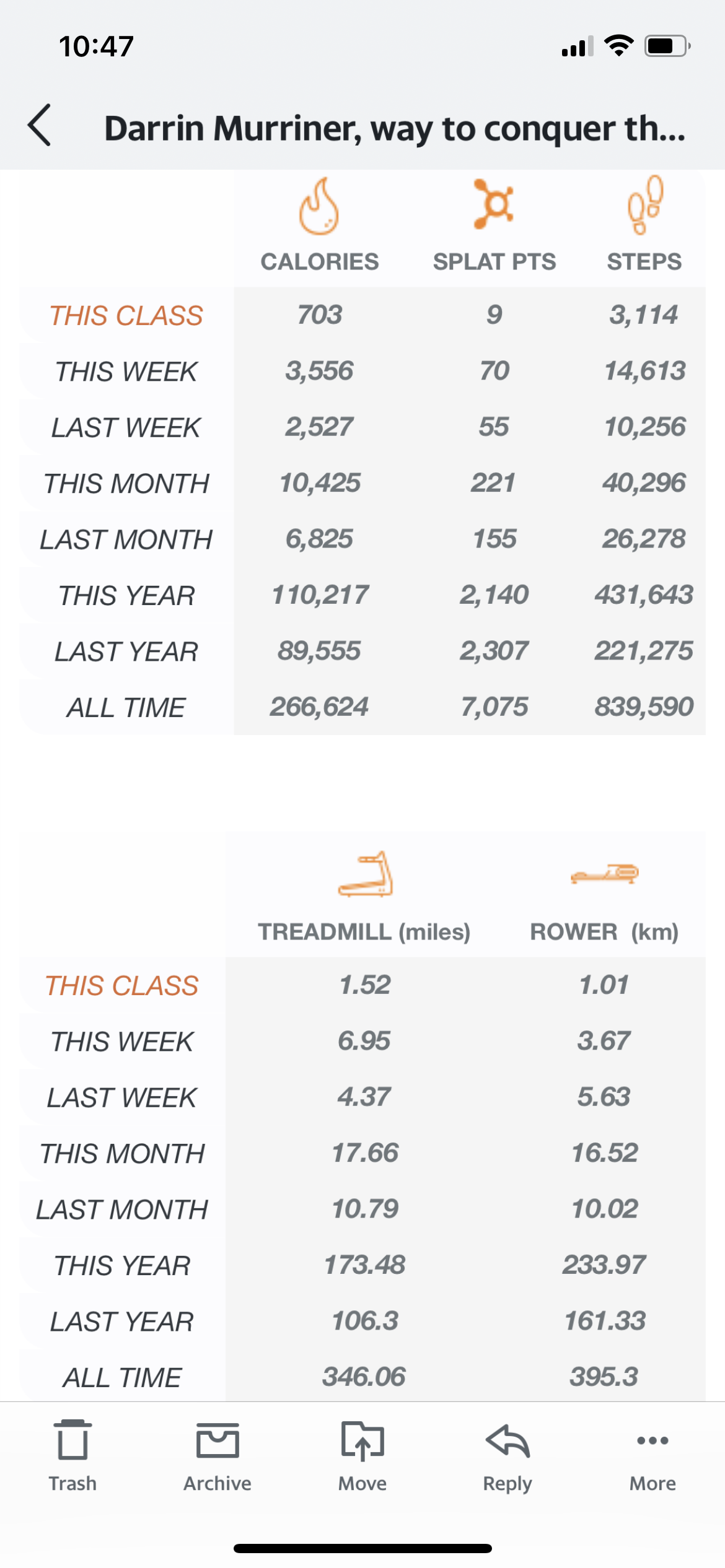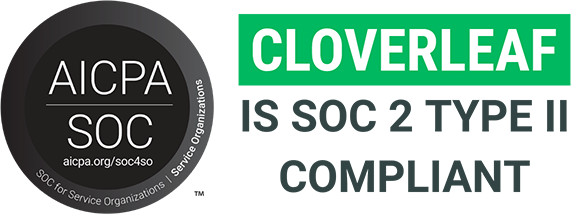I am not an athlete, but I like for my body to work well. Because I am motivated to be able to move easily and efficiently even as I age, I make exercise an important part of my weekly rhythms.
My exercise drug of choice is Orange Theory Fitness. Part of why I love their workouts (other than the amazing coaches) is that a wearable monitor tracks my data and allows me to see progress toward my goals.
Data-Driven vs. Traditional Approaches: A Game Changer in Fitness and Workplace Development
Traditional Fitness Regimes vs. Orange Theory Fitness: Fitness routines are traditionally based on generic programs with little customization. While beneficial for some, this approach often lacked the precision and personalization necessary for optimal results. Orange Theory Fitness revolutionizes this approach using real-time data to tailor workouts to individual fitness levels. Heart rate monitors and performance metrics allow for personalized intensity adjustments, ensuring each session is effective and aligned with personal goals.
Traditional Workplace Development vs. Cloverleaf: Similarly, traditional workplace development often involves generic training programs, one-size-fits-all workshops, and infrequent performance reviews. While providing a baseline of knowledge, these methods often fail to address individual employee needs, learning styles, or specific team dynamics. However, Cloverleaf uses behavioral assessments and continuous feedback loops to provide personalized insights customized for each employee and specific to every interaction between teammates. This approach leads to a more engaged and effective team by focusing on individual strengths and opportunities for collaboration.
Because I have data on my workouts, I was able to set a goal this past year of increasing my running and rowing distance by 25% in 2023. When I set that goal, I had no idea that the data would show me that my heart had strengthened.
Looking at the emailed summary, you can see that I did, in fact, meet my goal. I increased my running distance by 63% and rowing distance by 45% while spending 7.5% less time in my peak heart rate zone. Said another way, my heart worked 7.5% less, and my body produced 45 and 63% more in 2023.
While this might seem like a humble brag or a testimonial for Orange Theory, this is neither. Instead, it is to highlight how data can help us effectively manage the things we thought were previously unmanageable. Data-driven methods ensure that efforts are targeted and relevant, leading to faster and more sustainable results in physical fitness and even professional development.

The Future of Data-Driven Development: What's Next (and, already here) For The Workplace
This is precisely what we are doing at Cloverleaf with workplace behaviors. Behaviors like self-awareness, communication, leadership approaches, and cognitive processing. Like Orange Theory, we use coaching, digital technologies, and a focus on the individual to scale change. But instead of physical health, we are making a meaningful impact on things like onboarding, teaming, leadership effectiveness, and collaboration.
Embracing the Future: Data-Driven Innovations in Workplace Development
Just as data can revolutionize our approach in several key areas of life, it also plays a pivotal role in addressing the evolving challenges of the modern workplace. New hurdles continually emerge, requiring innovative and data-informed solutions. Below are several of these challenges, along with some initial strategies to overcome them.
Enhancing Onboarding Experiences: Traditional onboarding often lacks depth in building team connections. The solution lies in innovative approaches that foster immediate rapport and integration, making new hires feel part of the team from the outset.
Expanding Coaching Access: Growth shouldn’t be limited to senior roles. A more inclusive approach involves providing personalized coaching to all levels of an organization, promoting a culture where every employee can develop and thrive.
Connecting Learning to Business Goals: Demonstrating the ROI of learning programs is a crucial challenge. Effective strategies involve aligning learning initiatives with business outcomes by ensuring that development efforts directly contribute to the organization’s objectives.
Supporting Managers in Team Leadership: Modern management goes beyond supervising tasks; it’s about empowering teams. Managers need tools and insights to lead, resolve conflicts, and drive team success effectively.
Building Cohesion in Remote Teams: Remote work can strain team dynamics. Solutions focus on creating tools and practices that maintain team cohesion and trust, ensuring effective collaboration despite physical distances.
Utilizing Behavioral Insights for Team Dynamics: Understanding each team member’s unique strengths and behavioral patterns is essential. Leveraging behavioral assessments can provide valuable insights, enhancing team harmony and productivity.
What difficult-to-measure goals do you have for yourself, your team, and your organization this year, and how can Cloverleaf help provide data and insight to help create healthy habits that lead to growth in the coming year?
Watch the video below to see how Cloverleaf is helping teams scale coaching, prove ROI, and development managers to be effective leaders.



